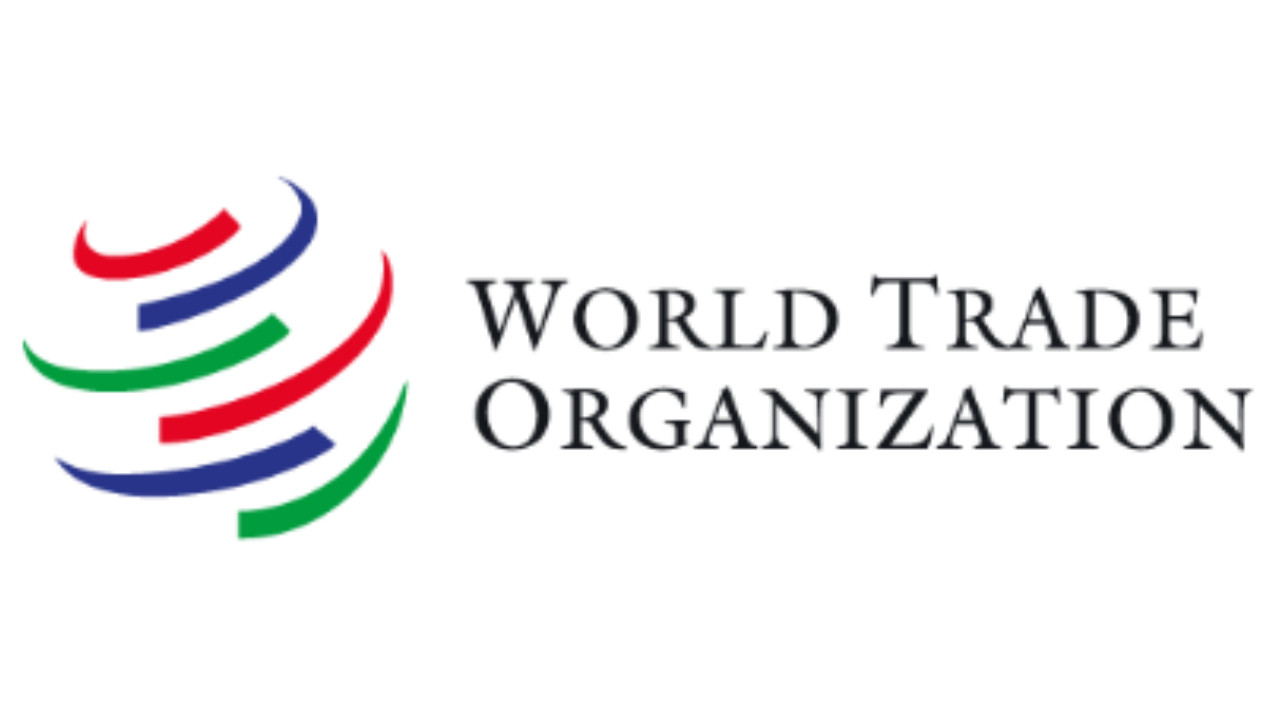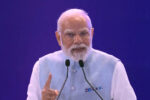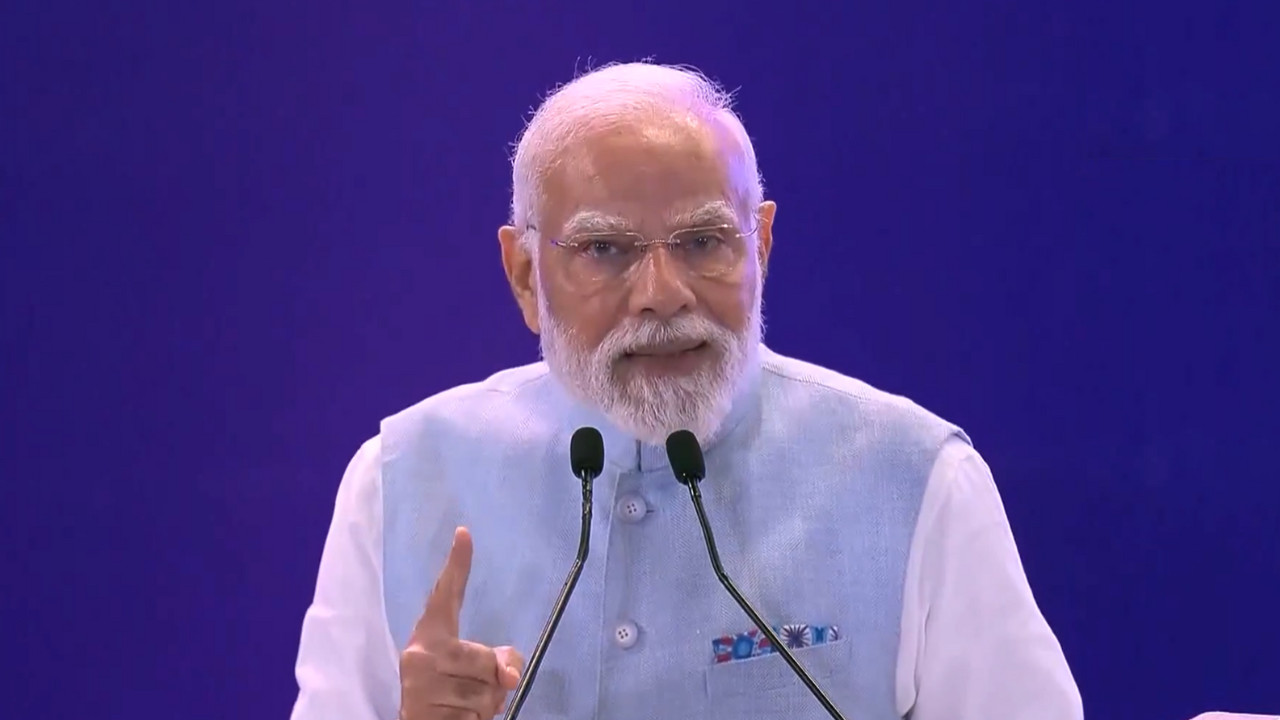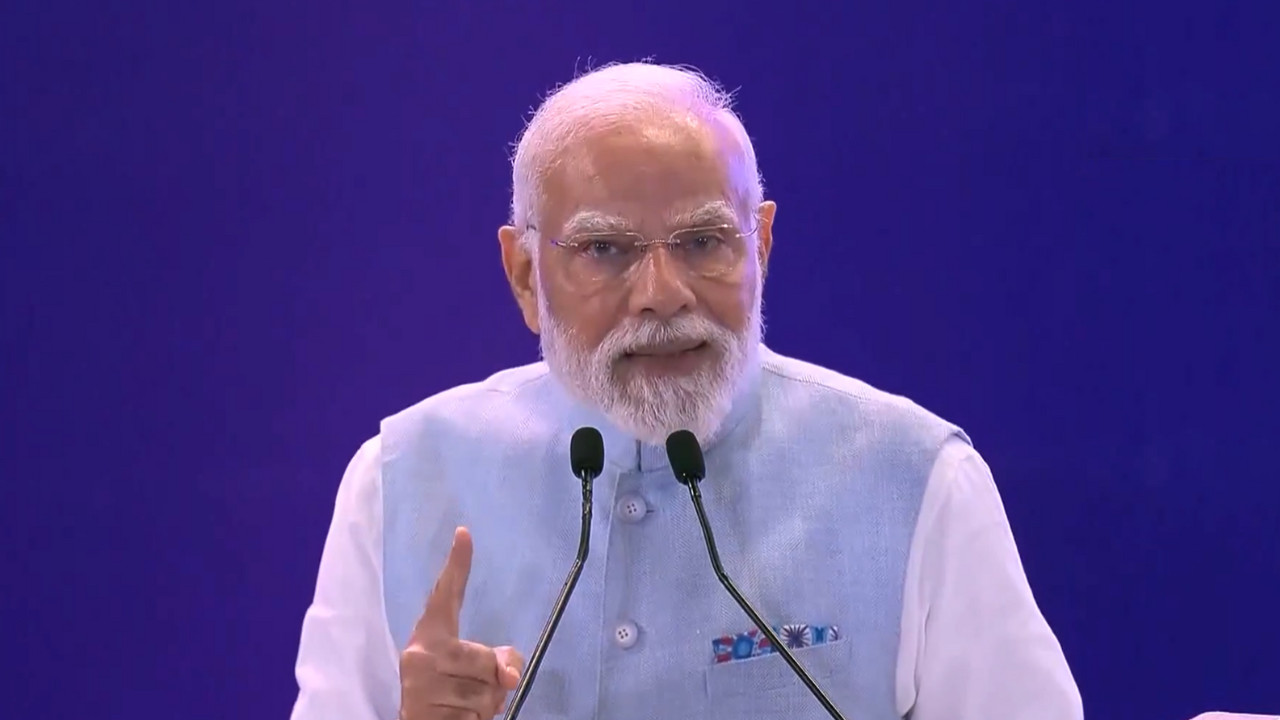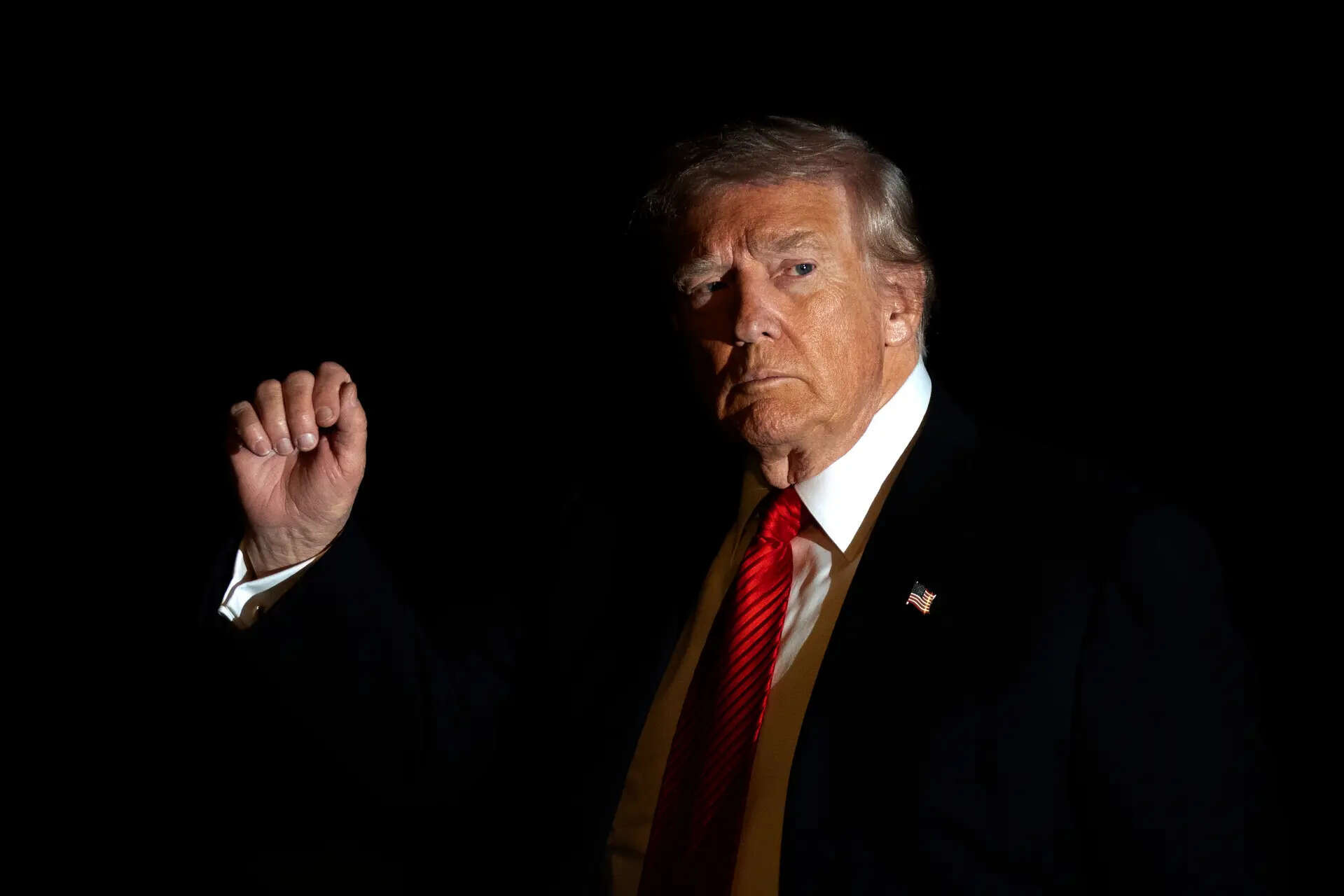India, Brazil, and South Africa (IBSA) criticized unilateral tariffs and coercive trade measures, labeling them discriminatory and inconsistent with WTO rules. They warned such actions destabilize global markets and undermine the rules-based trading system, citing recent US tariffs. IBSA urged urgent restoration of the WTO’s dispute settlement system and emphasized free agricultural trade.
Navigating Choppy Waters: India, Brazil, and South Africa Stand United Against Unilateral Tariffs
The global trade landscape is looking increasingly like a stormy sea. Accusations of unfair practices and protectionist measures are being hurled across continents, and recently, India, Brazil, and South Africa have joined forces to voice their concerns about the rising tide of unilateral tariffs. These tariffs, often imposed by individual nations without broader consensus or negotiation, are stirring up trouble and threatening to destabilize the delicate balance of international commerce.
The crux of the issue? These nations see the unilateral imposition of tariffs as a direct violation of the principles enshrined within the World Trade Organization (WTO). The WTO, designed to foster fair and predictable trade, operates on the bedrock of negotiated agreements and multilateral cooperation. When individual countries decide to go it alone, slapping tariffs on imports without consulting their trading partners or adhering to established protocols, it undermines the entire system.

The three nations argue that these tariffs are not only discriminatory, favoring some countries over others, but also inconsistent with the WTO’s core tenets. This inconsistency breeds uncertainty, making it difficult for businesses to plan and invest, ultimately hindering economic growth. Imagine trying to navigate a road where the rules keep changing without warning – that’s the reality businesses face when trade policies become unpredictable.
The alarm bells are ringing loudest regarding specific sectors where these tariffs are having a particularly harsh impact. Agricultural products, for instance, are often targeted, disrupting supply chains and harming farmers in developing countries. Similarly, tariffs on manufactured goods can stifle innovation and limit access to essential technologies. It’s a domino effect, with the initial tariff triggering a cascade of negative consequences across the global economy.
This isn’t just about abstract economic theory; it’s about real-world consequences for businesses and consumers. Higher tariffs translate to increased costs for imported goods, which are often passed on to consumers in the form of higher prices. This can disproportionately affect lower-income households, who rely more heavily on affordable imports.
The three nations are not simply complaining; they’re actively seeking solutions. They are advocating for a return to the principles of multilateralism, urging nations to engage in constructive dialogue and negotiate trade agreements within the framework of the WTO. They believe that a rules-based system, where everyone plays by the same rules, is the best way to ensure fair and sustainable trade for all.
Finding common ground won’t be easy. Deep-seated disagreements and competing national interests often stand in the way of progress. However, the potential consequences of inaction are too great to ignore. A descent into protectionism could trigger a global trade war, with devastating consequences for economies around the world.
India, Brazil, and South Africa are hoping that their united voice will serve as a wake-up call, urging other nations to reconsider their approach to trade policy and embrace a more cooperative and collaborative approach. They’re urging the global community to remember that in an interconnected world, cooperation, not confrontation, is the key to prosperity. A world with escalating trade tensions will negatively affect everyone involved. They advocate for a return to WTO principles.
As the world grapples with these complex trade challenges, the call for multilateralism and adherence to WTO principles remains a powerful message. Whether this message will be heeded remains to be seen, but the stakes are undeniably high.
